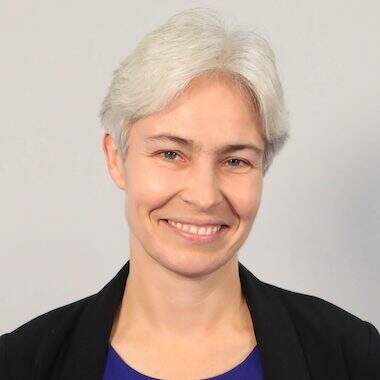
Current Position:
Professor of Anthropology, University of Delaware
Coordinator for Population Health Initiatives, College of Health Sciences, University of Delaware
Education:
PhD Emory University, Anthropology
MA Emory University, Anthropology
MPhil University of Cambridge, Environment and Development (Geography)
CPGS University of Cambridge, Chemistry
BA Reed College, Chemistry
Awards:
- Abe Fellowship, Social Science Research Council and Japan Foundation Center for Global Partnership, 2011–13
- U.S. National Institute of Health National Center for Complementary and Alternative Medicine, National Research Service Award, 2002–05
- British Marshall Scholarship, University of Cambridge, 1992–94
Relevant Publications:
- Melby, M.K., & Mauger, M. (2016). Effects of agriculture on environmental and human health: Opportunities for anthropology (44–67). In M. Singer (ed.) A Companion to the Anthropology of Environmental Health. New Jersey: Wiley-Blackwell.
- Melby, M.K., & Lampl, M. (2011). Menopause: A bio-cultural perspective. Annual Review of Anthropolog, 40, 53–70.
- Melby, M.K., Sievert, L.L., Anderson, D. & Obermeyer, C.M. (2011). Overview of methods used in cross-cultural comparisons of menopausal symptoms and their determinants: Guidelines for strengthening the reporting of menopause and aging (STROMA) studies. Maturitas, 70(2), 99–109. DOI: 10.1016/j.maturitas.2011.07.011.
- Melby, M.K. (2007). Chilliness: A vasomotor symptom in Japan. Menopause, 14(4), 752-59. DOI: 10.1097/gme.0b013e31804ffd81
Biography:Melissa Melby is co-ordinator of population health initiatives at the University of Delaware’s College of Health Sciences. Dr. Melby is an associates professor of Anthropology and a Coordinator for Population Health Initiatives at the College of Health Sciences.
A biological/medical anthropologist, she has training in chemistry, nutritional epidemiology and environment and development (geography). Her research examines the ways in which environmental factors – broadly conceived to include physical, biological and socio-cultural influences – interact with human development to result in population differences in health. Much of her research has focused on Japan as a comparative case for ‘western’ models of women’s health and maternal and child health.
Dr. Melby began conducting research on menopause and midlife in Japan as a window to understanding how cultural and biological factors such as diet and the microbiome influence the human life course. The results led her to expand her research program to encompass a broader developmental window (ranging from prenatal and early infancy to later childhood and adulthood), as well as a broader concept of the salient environment.